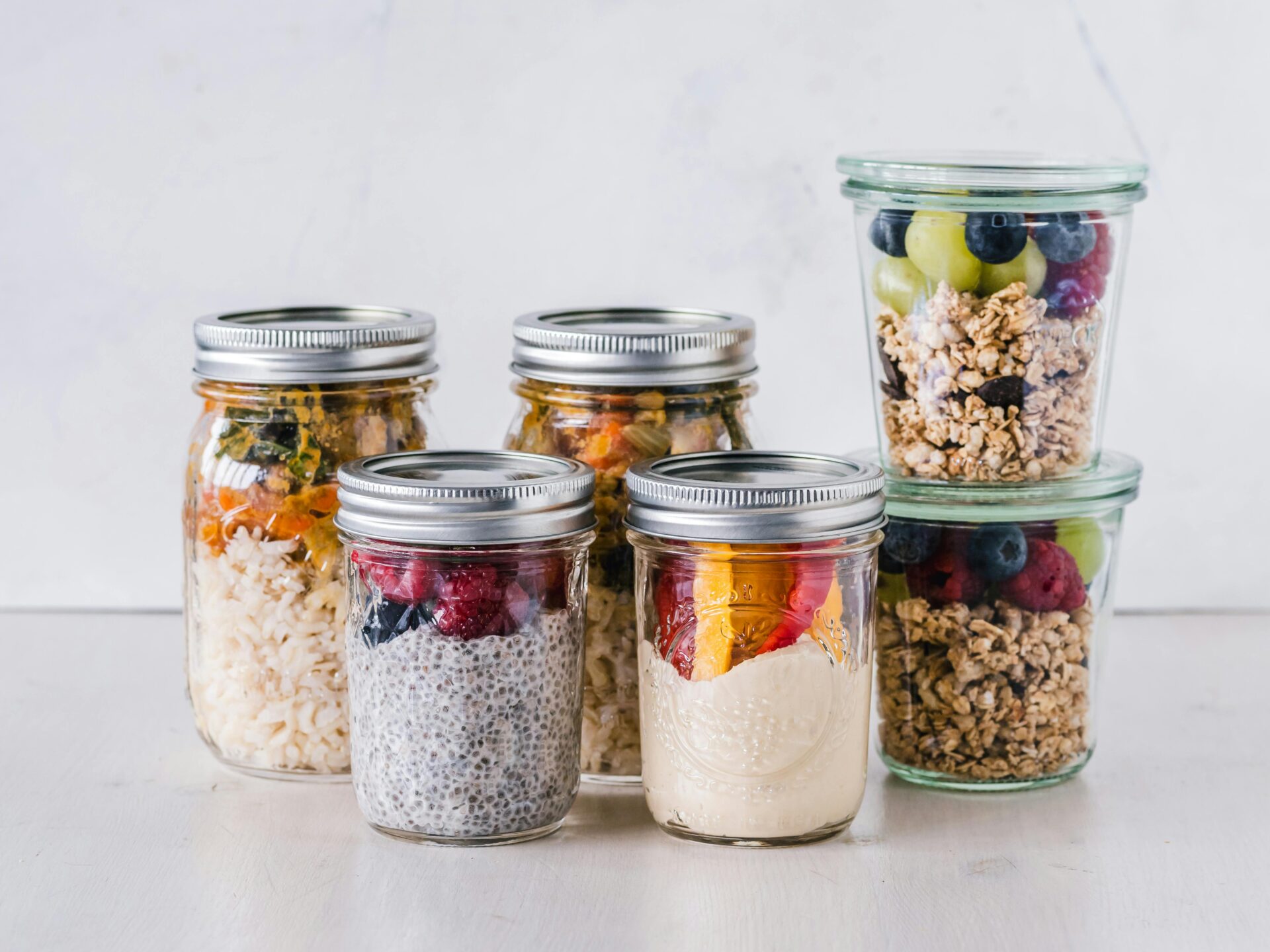Shift work can have a surprising effect on the way you eat.
Our bodies are designed to be awake and eat through the day, and to sleep and fast through the night. However, this is not really achievable when you’re a first responder working
night shifts, and your body might find it difficult to adjust.
Shift work can result in skipped meals, over-snacking or eating too much ‘convenience’ food. All of this can impact on your mental health, physical health and general wellbeing.
Night-shift workers often report experiencing digestive problems, appetite changes, difficulty managing weight and poor energy levels. Eating the right foods at the right times provides your body with energy when you need it and helps you to sleep better and reduce fatigue.
Download this resource to read more.

